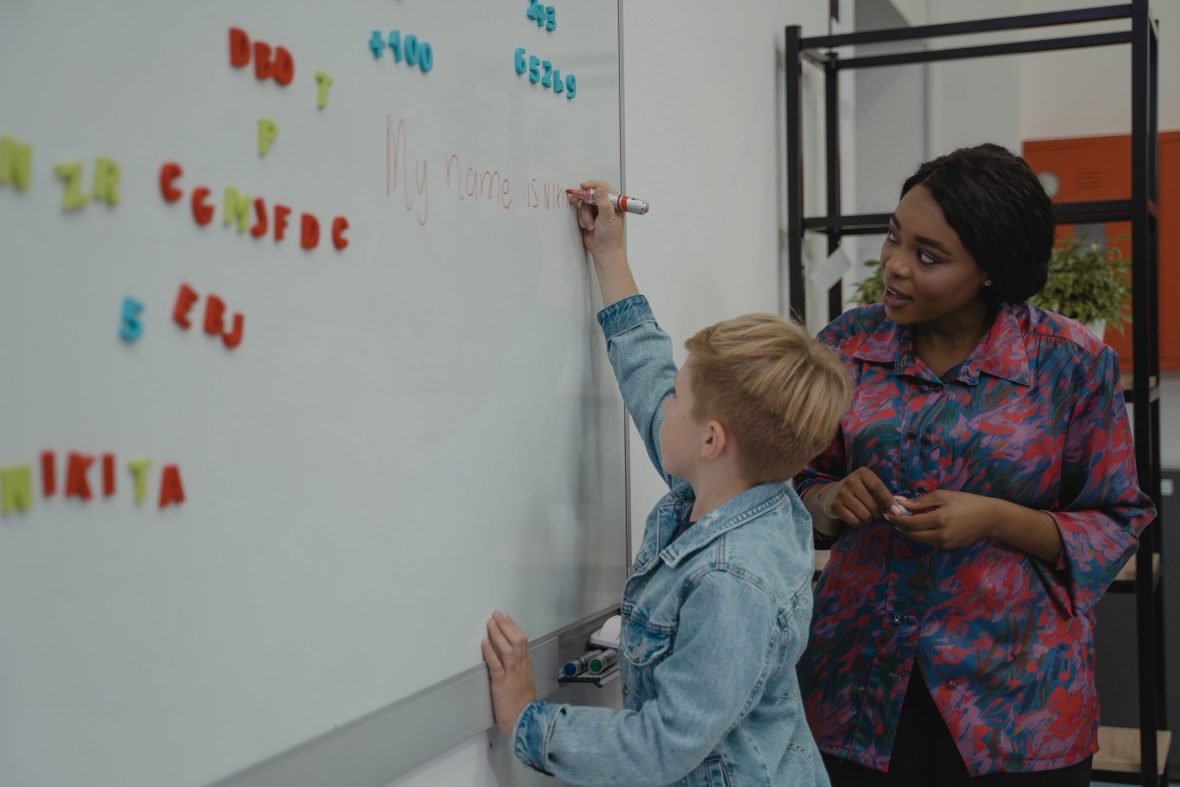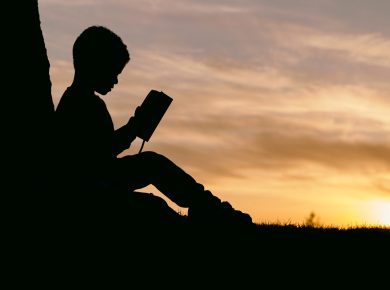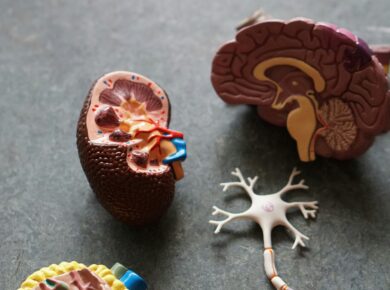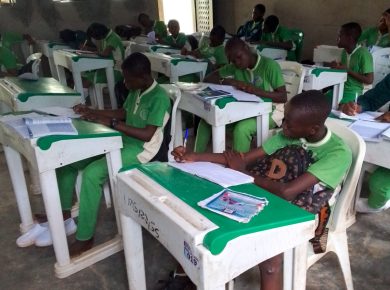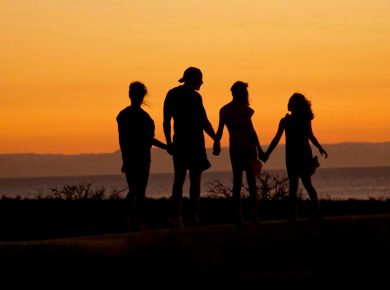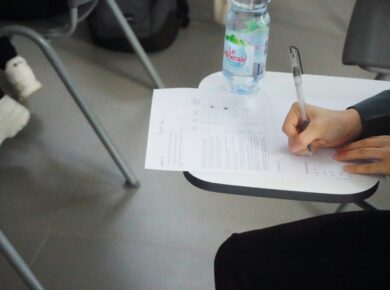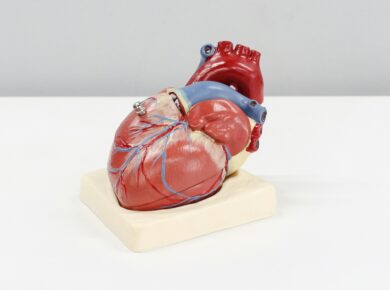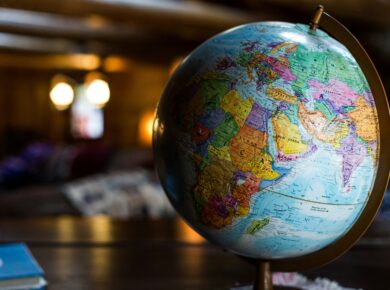Many students want to know the kind of courses they want to do in chosen tertiary institutions before they decide on the course to enrol for. But they could not until they have enrolled before they are given the syllabus.
This article will try to list and give a summary of some courses you can offer in tertiary institutions. The following are for the courses in Primary Education.
Number and numeration
This is a study of the basic concepts of number and numeration together with the operations on the subsets of the set of real numbers.
Use of the inductive reasoning to discover rules and principles will be emphasized and simple opportunities will be given for required skills to be applied in solving problems.
Basic listening and reading skills
This course is aimed at developing and using specific skills such as listening, reading, studying, library, and note-taking with speed and efficiency for the personal development of the pupils.
Listening to models in the language, laboratory, and cassette recorder. Techniques of faster reading, word recognition, sentence comprehension, reading comprehension techniques, and methods of teaming reading in primary schools.
Man and Energy
These are basic concepts of force, work, and energy, a survey of principal forms of energy (mechanical, chemical, heat, electrical, radiant, nuclear, wave, measurement and conversion, and sources and uses of energy.
Introduction to Social Studies
This course aims to introduce social studies’ nature, scope, meaning, and objectives; development as a curriculum objective and relationship with social science subjects.
Cultural and creative arts
This is the aspect of cultural and creative arts methodology in rhythms, folk music collection, folksongs from different ethnic groups; traditional musical instruments; a brief history of drama, forms of drama, dance drama in Nigeria’s cultural society, and dramatization of action songs.
Theory and practice of sports
More emphasis is placed on practical gymnastics, athletics, and games, pitches, courts, equipment and facilities, rules for the execution of the different sporting activities; and teaching of physical education in the primary school – problems, constraints, and solutions.
Introduction to agriculture
This is the development of agriculture in Nigeria’s farming systems; agriculture as an industry utilizing science and technology; and the role of government in agriculture development (farm settlement scheme, ADPS, River basin Scheme, etc.)
General concepts of soil composition and properties; general principles of agro metrology and equipment used; agricultural machinery and tools use and maintenance; problems of crops and livestock production; farm management, farm structures, and records.
Introduction to Home Management
This is to study the definition of concepts; principles of home management principles of selection and utilization related to family resources and needs; household budgeting; effect of the family-like cycle on family economics.
Family health and safety in the home; food and functions; effects of malnutrition, methods of food preservation methods and principles of cooking, meal analysis of textiles types.
Geometry and measurement
This is the practical, descriptive, and intuitive study of plane shapes and common solid shapes; mathematical methods for calculation of perimeter, area volume, and capacity.
Geometrical properties of plane figures; use of geometrical instruments; emphasis on practical illustrations of the properties of straight lines, triangles, and parallelograms.
Basic witting skills
The course will expose learners to different types of writing. With an emphasis on essay writing with particular reference to sentence structure, outline paragraph, collection, and organization of materials; a long paper presentation by students at the of the course; methods of teaching writing in primary schools; problems of teaching writing skills.
Environment, science, and society
The course covers the evolution of man, concepts defined, interrelationships between science and society; application of science and technology to everyday life.
Basic scientific principles in the design and functioning of everyday appliances, devices, systems, and phenomena; problems created by science and technology; adaptation strategies; use of the computer.
Social studies methodology
This course covers lesson preparation and planning, evaluation techniques in social studies; definition between curriculum, syllabus, scheme of work, unit plan and lesson plan; institutional resources in social studies, and micro-teaching in social studies.
Teaching primary school mathematics
This course captures lesson planning, presentation, and evaluation techniques in mathematics; model lessons demonstrated in micro-teaching sessions; diagnosis and remediation techniques/strategies of individual pupils’ difficulties.
Drawing, painting, graphics, and sculpture
This course captures basic drawing: lines for geometrical forms, curves, and circles (freehand/instruments), drawing solids, cuboids, spheres, cones, and circles; painting: colouring the spectrum, the primary, secondary, and tertiary colours.
Their analogous and complementary colours, (making use of the colour wheel and rainbow colour); graphics: calligraphy or lettering in construction for making greeting cards; illustration of posters and teaching aids.
Construction of letters upper/lower caps, life drawing and still life drawing using principles of proportion, shapes, volume and line.
Theory and practice of health education
This course comprises characteristics of a healthy personality; personal hygiene; health hazards and their prevention; culture and health; mental health ways and means of achieving/improving it.
Family living and relationship
This course comprises family types, family life cycle, and structure; changing family roles; factors that promote living together; types of marriage, marriage ceremony, marital problems, problems in family relationships and remedies; and issues and opinions about sex education in public schools.
Primary integrated science methodology
This course covers lesson plans, presentation, and evaluation techniques in integrated science; model lessons demonstrated in micro-teaching; and the teacher as manager of the learning environment.
The teacher is a facilitator and organizer of learning opportunities; with emphasis on observation, measurement, classification, and safety in the environment.
Early childhood and childhood psychology
This course captures the principles of development – physical, motor, emotional and social development; intellectual development: Piaget, Erickson, Bruners, Dewey’s theories measurement of intelligence.
The role of heredity and environment, the implication of development studies of the child for early childhood and primary education.
Literary studies
This course consists of modern trends in children; literature and understanding language focus on understanding the philosophy, structure techniques, and ideological focus of the large body of literature produced for children by African writers.
Origin and development of pre-primary and primary education
This course consists of the origins of primary school education in selected countries; and a detailed review of the historical origins of formal Western Education in Nigeria preschool provisions in selected countries.
Development of pre-primary and primary education in Nigeria and some selected countries of the world such as the USA, Canada, Germany, Egypt, Ghana, and Japan.
Our socio-political environment
This course covers social community and cultural heritage, social, economic, political, and religious practices and problems.
Social changes since independence and their impact on our society; social services; national identity and integration; ethnic groups in Nigeria; population movements and effects.
Philosophy of nursery and primary schools
This course captures the theoretical rationale for nursery/primary education; the aims of nursery/primary education; the place of the child in society; the nature of the society and society and the child’s needs.
The concepts of autonomy, authority, and freedom in a child’s upbringing; concepts of nursery education/universal nursery education and the society; a comparative history and descriptive analysis of the nature and purpose of nursery/primary education.
Textile design
This course comprises simple geometric design with colours, simple motifs (Floral and animal abstract) curing materials into dresses and sewing (life-size or miniature)
Creative art tools and objects (potter’s wheel, kiln, silk screen, stencil, cutlers, canvas, cartridge paper, etc.); relief printing (Wood Linoleum, Lamcorks, Stencil Printing, Tie and dye, Batik.
Living and non-living matters
This course comprises the classification of objects in the environment. Non-living matter: classification by physical state; classification by composition; properties of each category; processes of change from one category to another
Air, water, weather, and soil as components of the living matter; characteristics of living things; the structure of the all and included important cell processes and elementary genetics; plant and animal cells; comparative study of selected organisms in their environment.
Organization of nursery and primary education
This course covers detailed procedures in the organization of nurseries and primary; an examination of the role of government; federal, state, and local councils; education laws and school management.
The role of the government agencies; commissioner, directors-general, inspectorate, local schools board, central school board, central school board, etc in the organization structure of the nursery/primary school.
The continuous analysis of the organization UPE in Nigeria; major local and international reports on childcare and children’s education and their implication for Nigeria.
Nursery and primary education
This course captures preschool learning styles; principles underlying teaching methods in nursery/primary education; and major theories of teaching infants – Rousseau, Pestalozzi, Frobel.
Montessori contributions of psychology to nursery/primary education methods of teaching various primary school subjects; organization of learning in nursery/primary schools; the role of the teacher learning recourses.
Nursery and Primary education
This course covers an examination of the traditional conception of education aims and objectives; the changing conception of murders/primary education; and an examination of different approaches to curriculum planning e.g. Taba, Wheeler;
Detailed analysis and discussion on NIGERIA curricula in the nursery and primary schools; theoretical principles of curriculum planning; assessment of textbooks and other learning materials used in the schools; comparative study of teacher training courses and primary school curriculum.
Pre-school and primary School projects in Nigeria
This course examines the preschool and primary education projects in the USA, UK, and Nigeria, for example, the Head Start Primary School projects; the project selection criteria findings and relevance to pre-primary and primary education.
Evaluation techniques in nursery/primary education
This course consists of an evaluation of nursery methodology and primary education methodology; and an analysis of teaching strategies in each area of primary school subjects.
It includes method, assessment, and evaluation procedure; record keeping; a systematic organization of teaching methods using modern teaching aids: radio, television, laboratory, computer, etc.
Planning and financing of nursery/primary schools
This course comprises costing of education; data collection for educational planners; staffing of schools; training educational planners; and training and retraining programs.
The varieties affecting the planning of nursery/primary schools; structuring nursery/primary schools within the overall national educational system e. g. planned provision for post-primary institutions; supplementary procedure in primary education.
Research Project
This is the final project in which the students will do a thorough study supervised by the lecturer. You can read more similar posts on our education page of the site.
